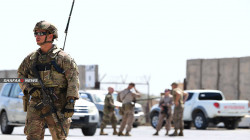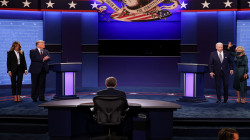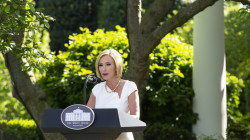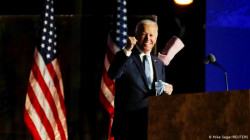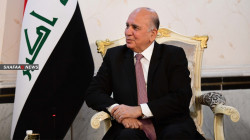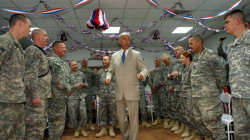US, Japan, and South Korea Forge Trilateral Partnership for Regional Security
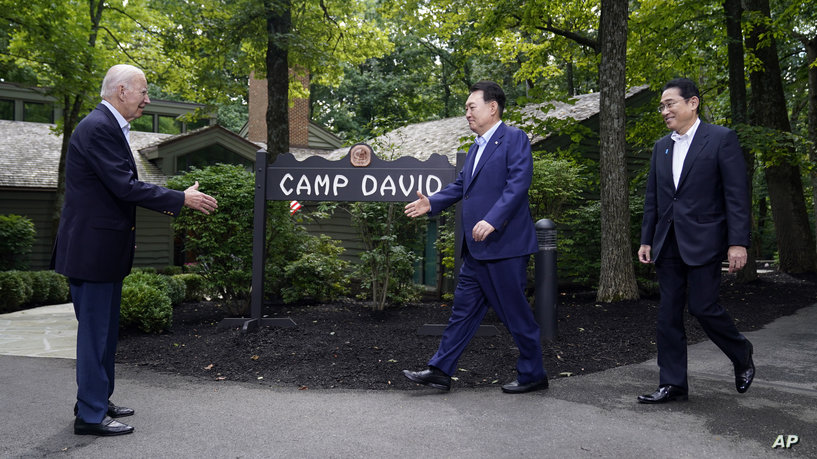
Shafaq News/ US President Joe Biden hailed the collaborative efforts of Washington, Tokyo, and Seoul during a summit held at the Camp David resort, underscoring the potential for these united nations to contribute to global security.
Addressing Japanese Prime Minister Fumio Kishida and South Korean President Yoon Suk Yeol, Biden lauded the prospect of their collective influence as a "force for good" in the Pacific region and beyond, according to the American Al-Hurra website.
At the summit's commencement, the three leaders solidified their commitment to bolster cooperation and understanding among the United States, Japan, and South Korea. Notably, the trio established a security commitment that entails mutual consultation in the face of potential crises or threats emanating from the Pacific Ocean, as reported by officials from the Biden administration, as quoted by the Associated Press.
President Yoon Suk Yeol of South Korea reiterated the need to enhance the foundations of collaboration between the three nations.
Senior US officials, including National Security Adviser Jake Sullivan, emphasized that the new partnership is not directed against any specific entity. Sullivan declared the summit the dawn of a "new era" between the countries, heralding a renewed vigor in their collective security operations.
While dispelling notions of a new military alliance akin to NATO in the Pacific, Sullivan underlined that the tripartite partnership focuses on strengthening regional cooperation and fostering stability.
Sullivan also revealed concerns about Russian-North Korean cooperation in the missile domain, noting that US intelligence is closely monitoring this dynamic.
The summit, a remarkable milestone considering historical tensions between the US's allies, signifies a shift towards enhanced trilateral cooperation. The leaders will embark on a multi-year plan for routine military exercises across various domains, evolving beyond reactive measures against North Korea. Additionally, they pledged to share real-time data on North Korea and annual summits to reinforce coordination.
